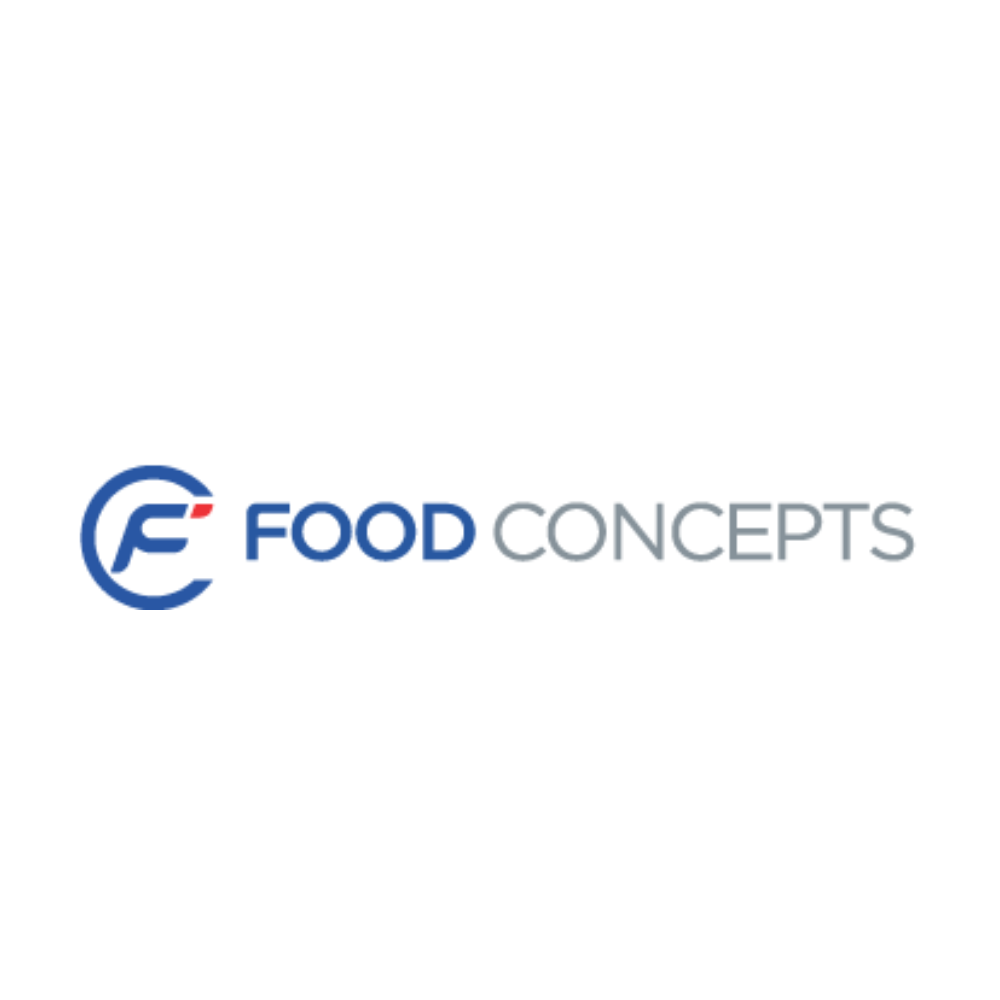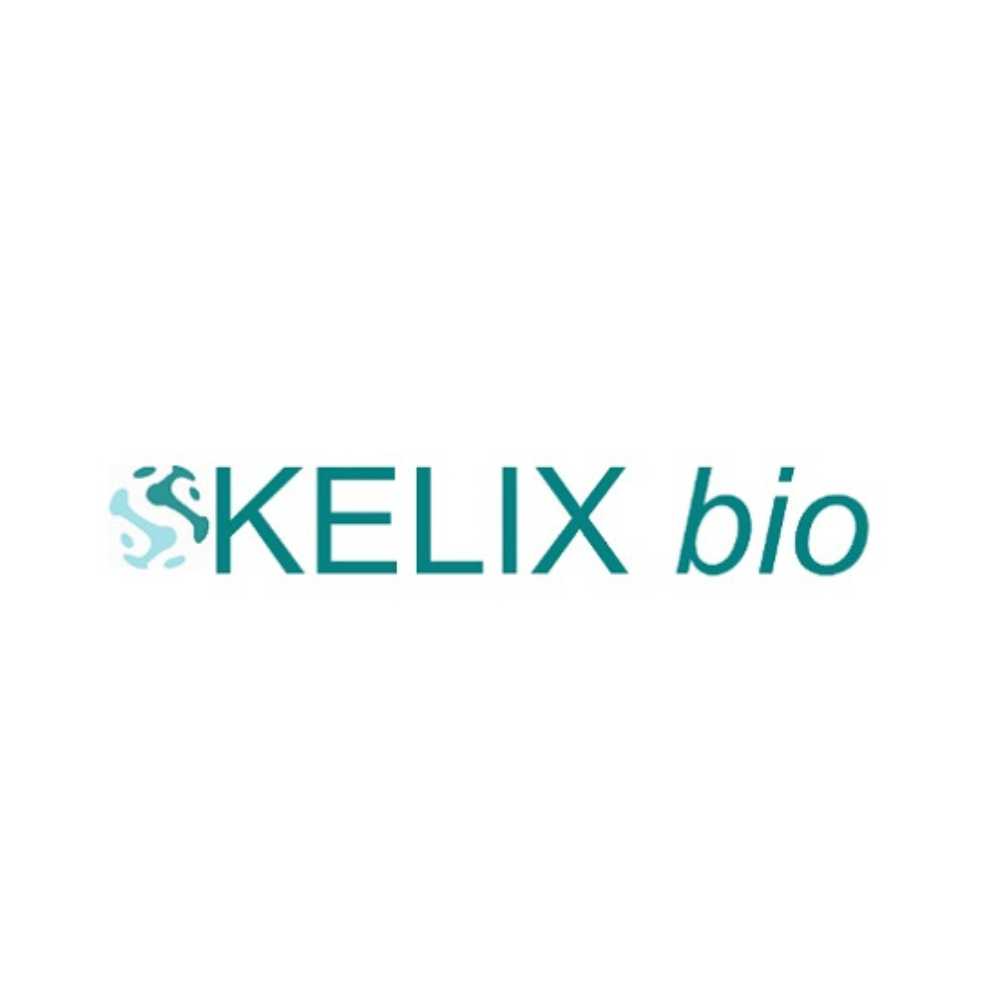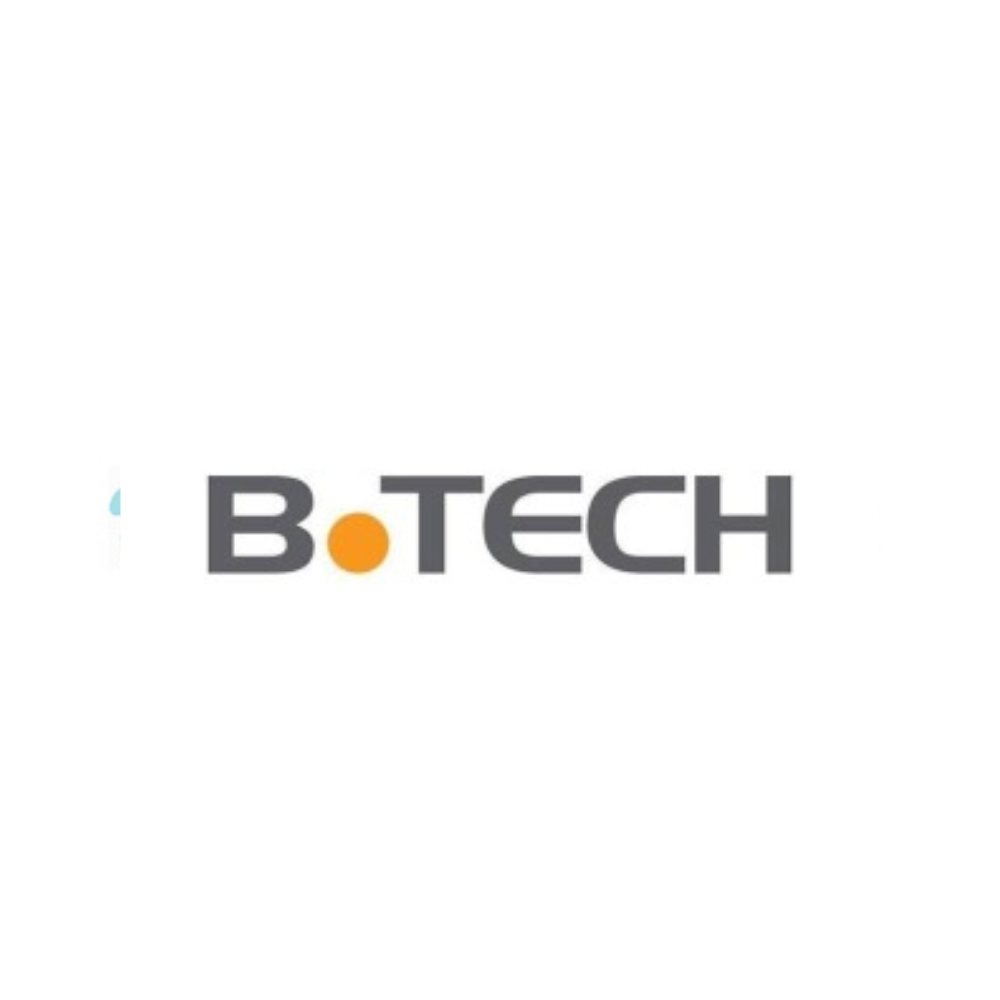Food Concepts
Founded in 2001, Food Concepts is a leading food retailing company with holdings in the quick service restaurant (QSR) sector in Nigeria and Ghana. As of 2022, DPI holds 46% of shares in the company through ADP II.

Inputs
Engagement and support: DPI has been engaging with the company on initiatives to calculate and report their GHG emissions, decarbonise and increase energy efficiency.
Outputs
Energy efficiency: In 2022, DPI commissioned a third-party expert to conduct a Resource and Energy Efficiency Audit Program (REC) Program of Food Concepts stores. The assessment provided an analysis of resource consumption, and identified further opportunities to increase energy efficiency across operations.
Renewable energy: Food Concepts rolled out a renewable energy scheme in 2021 to install solar power panels across its stores. In 2022, 33 new Standalone Express Stores were equipped with solar panels.
GHG calculations and reporting: DPI has secured technical assistance to measure and report on the impact of Resource and Energy Efficiency Audit Program (REC) recommendations and the renewable energy scheme. External consultants were hired to calculate Scope 1, Scope 2 and material Scope 3 emissions of the company’s operations, and avoided emissions from renewable energy.
A Carbon Management System will be developed and implemented to enable Food Concepts to calculate their emissions annually, which will allow the company to see yearon-year changes in carbon emissions and understand their progress in mitigating climate change impacts.
Outcomes
These initiatives will lead to integration of climate change into the company strategy, lower operational costs for the company, reduced environmental pollution and a reduction in the company’s carbon footprint. DPI will ensure that the company will continue to disclose and report on the impact of these initiatives and identify further opportunities for mitigating the impacts of climate change.
SDG Targets and Indicators
- SDG 7.2 – By 2030, increase substantially the share of renewable energy in the global energy mix
- SDG 7.2.1 – Renewable energy share in the total final energy consumption
- SDG 7.3 – By 2030, double the global rate of improvement in energy efficiency
- SDG 7.3.1 – Energy intensity measured in terms of primary energy and GDP
- SDG 13.2 – Integrate climate change measures into national policies, strategies and planning
- SDG 13.2.2 – Total greenhouse gas emissions per year


